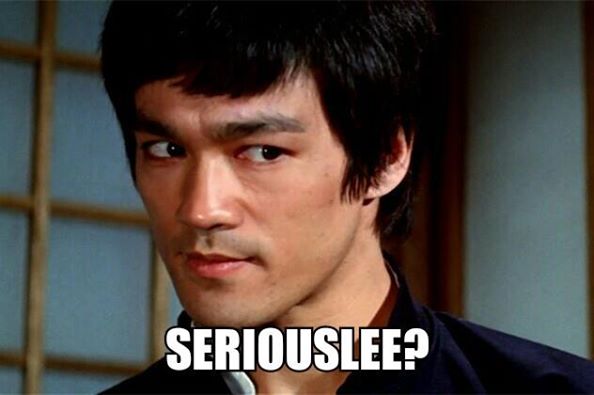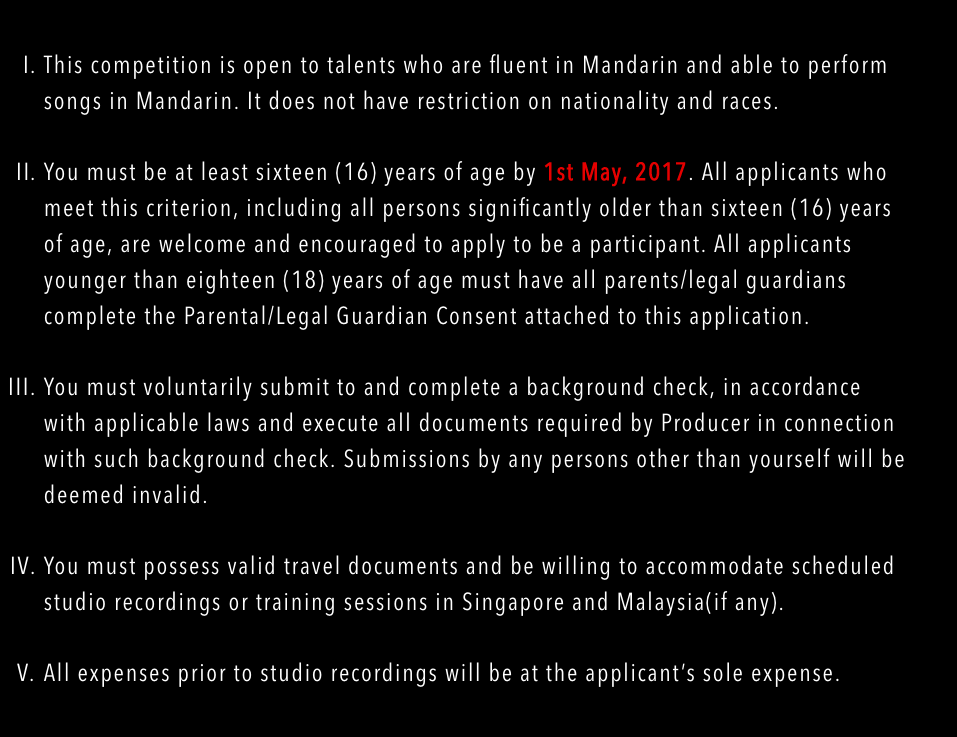Would The Language You Speak Stop You From Winning Malaysia And Singapore's 'The Voice'?
Contestants would have to speak to the judges in Mandarin.
Back in October 2016, Singapore and Malaysia announced the arrival of popular international talent show 'The Voice' franchise
The singing competition has been adapted for the two countries under one program.
The show is being co-produced by MM2 Entertainment along with cable providers StarHub for Singapore and Astro for Malaysia.
And on 5 May 2017, the company started online auditions for the show.
However, a certain move by Malaysia and Singapore's own version of 'The Voice' — that it only wants contestants who can perform in Mandarin — has drawn a lot of flak online from both the countries
According to the show's official marketing material, including its website and Facebook page, it is stated that while the contest is open to singers of all nationalities and races, participants have to be "fluent in Mandarin and are able to perform Mandarin songs".
"You are welcome to join as long as you are at least 16 years old, have a good voice, are fluent in Mandarin, and are able to perform Mandarin songs," reads their FAQ page.
People are angry, saying that the Mandarin requirement discriminates against Malaysians and Singaporeans who are not Chinese, and goes against the two countries' multicultural approach
Twitter and Facebook have been abuzz with people who argue that the Mandarin requirement leaves out many aspiring singers who are not fluent in the language.
While Singaporean musician Bani Haykal criticised the producers for being culturally "insensitive", adding: "This isn't a singing competition, it's [a] network circus attempting to show off what they've got in order to enter a bigger marketplace."
Others have raised questions over the show's language exclusivity.
"Talents have to be fluent in Mandarin" really??????? This one the Voice China or Singapore!? Bodoh la you all https://t.co/hFZSEn3QEs
— nxgga (@syzwnnino) May 6, 2017
Yes, but we're questioning WHY. Why, for an originally-Western competition brought to Singapore, must it be Mandarin only? https://t.co/eRcXJYWfsE
— the local rebel (@thelocalrebel) May 6, 2017
So who is eligible to join the show?
Any contestant who meets the following eligibility requirements can join the show:
What do you need to reach the stage for blind auditions?
You must submit your audition video via their Online Audition before 31 May 2017.
Among the general rules and guidelines, the website lists that:
Additionally, be sure to check out their how to participate section for more clarity.
While the song selection isn't bound to any particular language or genre, dialects like Cantonese and Hokkien aren't allowed
What it means, the company told the website Bandwagon, is that a contestant will be allowed to perform songs of different languages that showcase their best talents, but because the show is being produced in Mandarin, no dialect songs are allowed.
But why is the show being produced in Mandarin?
A spokesperson from MM2 Entertainment spoke to The Straits Times about their decision to broadcast the show in Mandarin.
According to the spokesperson, they have "decided to acquire the format licence in Mandarin based on the assessment that it is most commercially viable".
And since it's licensed to be produced in Mandarin, "the ability of the contestants to communicate effectively in Mandarin becomes a necessity for the execution of the production", the spokesperson told The Straits Times
He added that the contestants would also have to speak to the judges in Mandarin "including during the coaching sessions, which are integral to the show format".
While questionable, the competition's Mandarin language rule is more of a marketing move than an attempt to discriminate
After all, 'Sing! China' or 'The Voice of China' has raked in audiences from above and beyond the Mainland. In fact, Sing! China's finals broke viewership records in China, and the country remains an extremely attractive prospect for foreign media to target.
Proving that this method of licensing might just be part of a larger plan to lure the Southeast Asian audiences, in hopes of gaining traction over Taiwan and China.
On the other hand, narrowing the competition's language down to Mandarin won't stand in the way of non-Chinese contestants
After all, how can we forget Malaysia's Shila Amzah and Singapore's Nathan Hartono?
They both rose to widespread popularity with Shila seizing the first place in Asian Wave and Nathan the second place in Sing! China.
And others in the industry do somewhat agree
Take, for example, Mr Graham Perkins, the chairman of non-profit music organisation The Music Society in Singapore.
While he finds the language requirements prohibitive, he also believes that "a great voice can sing in any language and should still be recognised."
"It seems the production company has implemented a restrictive requirement mainly for commercial, and possibly legal, reasons, in that, songs cleared for use will be in Mandarin," The Straits Times quoted him as saying.
And according to Bani Haykal, while Mandarin isn't the main language in both the host countries, if the show was to be produced in English like it is in the US and the UK, competing in the same pool with other English-speaking markets would have made it difficult for promising local talents to succeed.
In that sense, it's possibly more sensible for us to focus on talents who "can feed the general Chinese market", the award-winning Singapore musician said.
The local rendition of The Voice will be aired on Astro AEC in Malaysia and StarHub's Hub E City in Singapore, both of which usually air Chinese programmes




